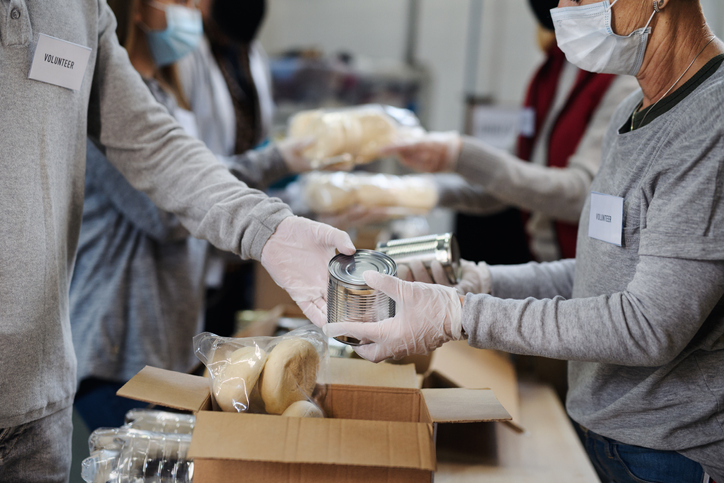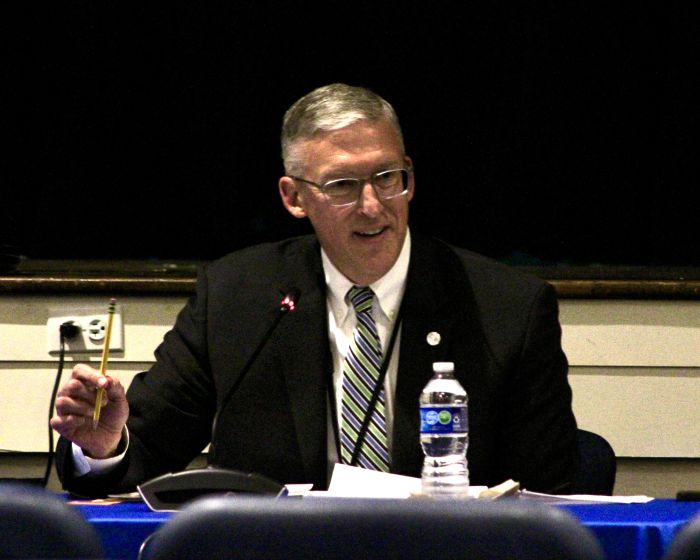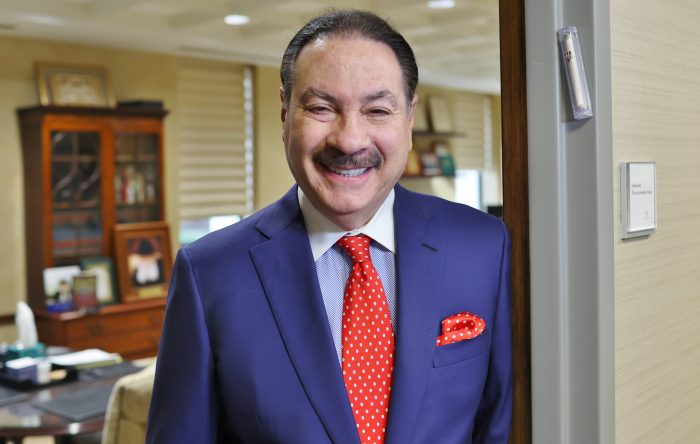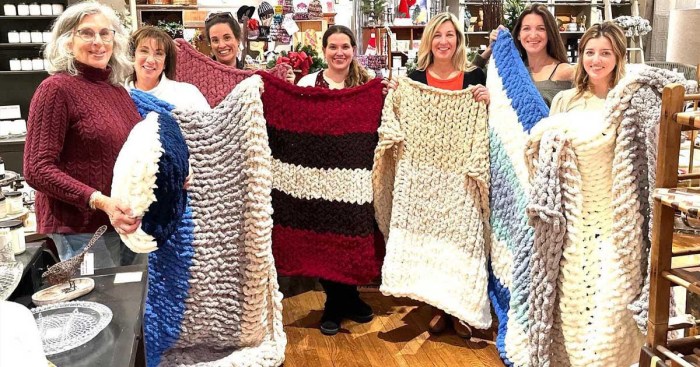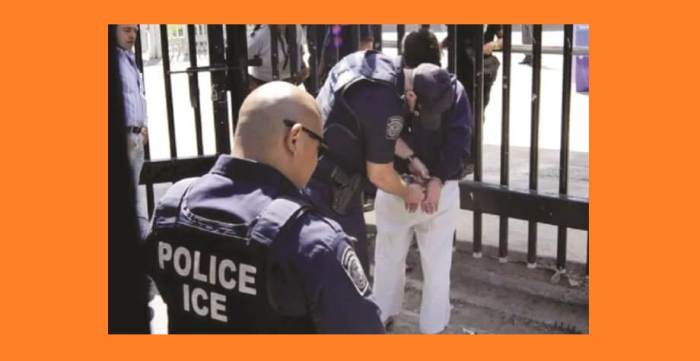In the past seven months, more food has been delivered to Long Island Cares-The Harry Chapin Food Bank than ever before.
On average, the regional food bank purchased 1.5 million pounds of perishable and nonperishable food on a monthly basis to assist Long Islanders as a result of the COVID-19 pandemic. From March through June, most food banks across the country, including Long Island Cares, experienced delivery delays between eight and 12 weeks in receiving the foods we had purchased. The first three months of our COVID-19 response efforts brought many new challenges, one of which was receiving food at our warehouse.
Another challenge was with our community food drives. Many were canceled, and those that were in progress were not successful. It was at this time that we found our niche in transitioning our food drives to a virtual platform, which has taken off and continues to grow and expand.
During the same time frame, we experienced a dramatic increase in our retail donation program that provides us with approximately 2 million pounds of perishable foods annually. We also benefited from an increase in corporate food donations. We received an increase in the amount of government commodities from the U.S. Department of Agriculture, and we have been actively purchasing food through our contract with the New York State Health Department. Additionally, we are a recipient of Gov. Andrew Cuomo’s Nourish New York Initiative and the USDA Food Assistance Program.
One might question if the current supply of emergency food available on LI is greater than the current demand. If we are able to get everyone who lost a job back to work and earning a steady income this might be the case, but it’s not. The emergency food supply must remain strong and abundant because we honestly don’t know when the COVID-19 pandemic will end. A recent prediction by the U.S. government’s top infectious disease expert Dr. Anthony Fauci has the virus possibly leaving the United States by September of 2021.
If businesses on the Island cannot fully open, people will still need emergency food assistance. If additional stimulus support ends, people will still need to visit the pantries. If schools must go on lockdown again due to spikes in coronavirus cases, children that rely upon their school meals program will still need emergency food assistance.
And, if Congress doesn’t provide additional aid to the states and counties hardest hit by COVID-19 like New York and Long Island, the food banks will be needed even more.
Paule T. Pachter is Chief Executive Officer of Long Island Cares, Inc., The Harry Chapin Food Bank.
For more opinions visit longislandpress.com/category/opinions.
Sign up for Long Island Press’ email newsletters here. Sign up for home delivery of Long Island Press here. Sign up for discounts by becoming a Long Island Press community partner here.



